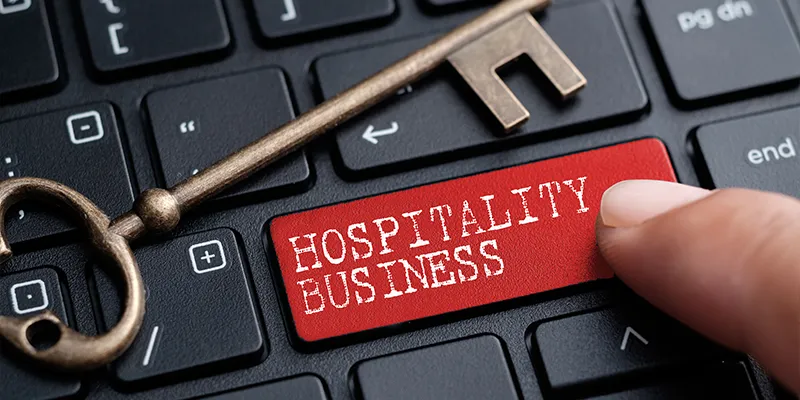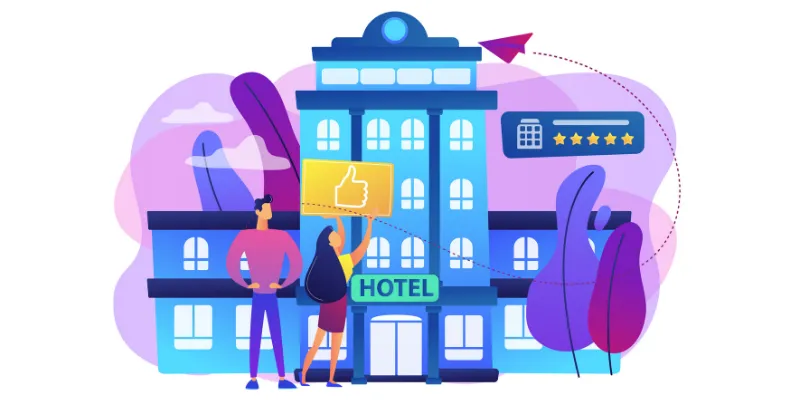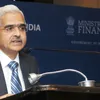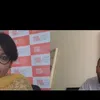Travel and hospitality industry welcomes 'much-needed liquidity support' from RBI
The announcement of a separate liquidity window of Rs 15,000 crore to mitigate the adverse impact of the second COVID-19 wave on the certain contact-intensive sector by the Reserve Bank of India (RBI), has given hope for players in the tourism and hospitality sector.
The announcement of a separate liquidity window of Rs 15,000 crore to mitigate the adverse impact of the second wave of the COVID-19 pandemic on certain contact-intensive sectors by the Reserve Bank of India (RBI) has given hope for the industry players in the tourism and hospitality sector, as the sector has been among the worst-hit.
Rohit Kapoor, CEO, OYO India and South-East Asia said that welcomes RBI’s decision to support the recovery of the hospitality sector and allocate a separate liquidity window of Rs 15,000 crore for travel, tourism players along with contact-intensive sectors.
"The past few months have been tough on the cash-strapped small and independent hotels and homeowners, and this decision will provide a fillip to ease the financial pressure on them. At OYO, we are committed to supporting our partners during this difficult time through cash waivers, weekly payments, reconciliation, and product-first initiatives like VaccinAid, which gives the visibility of vaccination status on our app," Rohit said.
"In times like these, we applaud such measures and we are hopeful that MSMEs and our small hotel partners will benefit from the required working capital to sustain these hard times,” he said.

Image source: Shutterstock
Announcing the on-tap liquidity window for contact-intensive sectors, RBI Governor Shaktikanta Das said that banks can provide support to various services under this programme.
Under the scheme, banks can provide fresh lending support to hotels and restaurants; tourism – travel agents, tour operators, and adventure/heritage facilities; aviation ancillary services – ground handling and supply chain; and other services that include private bus operators, car repair services, rent-a-car service providers, event/conference organisers, spa clinics, and beauty parlours/salons.
"By way of an incentive, banks will be permitted to park their surplus liquidity up to the size of the loan book created under this scheme with the Reserve Bank under the reverse repo window at a rate, which is 25 bps lower than the repo rate, or termed in a different way, 40 bps higher than the reverse repo rate,'' Das said.
RBI had slashed the repo rate by a total of 115 basis points (bps) since March 2020, to soften the blow from the pandemic.
MakeMyTrip's spokesperson said, “RBI’s announcement to extend liquidity support aggregating to Rs 15,000 crore for several contact-intensive sectors is a welcome development. This measure will help in supporting recovery within tourism and hospitality sector that have been left devastated by the pandemic.”

The RBI governor said that unlike the first COVID-19 wave — which brought the economy to an abrupt standstill under a nationwide lockdown — the impact of the second wave on economic activity is expected to be relatively contained with restrictions on mobility being regionalised and nuanced.
On this, Gurbaxish Singh Kohli, Vice President, Federation of Hotel and Restaurant Associations of India (FHRAI) said, "This is the first significant sign indicating that the government has taken note of the severe effect that the pandemic has had on the hospitality industry, and the huge economic impact it will have on the sector as well as the nation. Infusing liquidity will provide the much-needed liquidity support to cash-strapped hospitality businesses without which the industry couldn't have survived."
However, FHRAI has requested the RBI to extend the tenure for at least five years. "A duration of three years is just not sufficient to recover from the financial turbulence that the industry is going through. We are also relieved with the RBI’s decision to double the maximum aggregate exposure to Rs 50 crore, enabling a larger set of borrowers to avail of the benefits under Resolution Framework 2.0," he added.
The statement added that the FHRAI had been rigorously following up with all the governmental agencies for over 14 months with several sector-specific relief recommendations. "The hospitality sector was at the brink of collapse, with revenues dwindling to below 10 percent of pre-COVID-19 levels. The announcement has offered the industry a lifeline in its efforts to survive,” said Gurbaxish Singh Kohli.
Edited by Kanishk Singh









